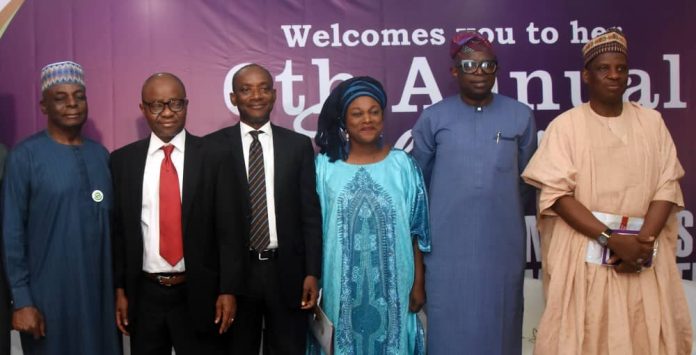It will be impossible for Nigeria to succeed in bringing down its high cost of governance if it continues to maintain a dysfunctional public service.
That was the position of Dr. Sam Amadi, Director of Abuja School of Social and Political Thought in his keynote address at the sixth annual public lecture of JustFriends Club of Nigeria held in Abuja on Tuesday.
Amadi, whose lecture was titled, High Cost of Governance as an impediment to Development, said Nigeria’s public service does not have any mission.
The event which drew participants from both the public and private sectors including professionals, was chaired by Peter Igho, a former Director General of the NTA.
Amadi said, “In the early years of political independence, Nigeria recorded significant economic growth because the public service then had a mission of industrial development, a mission to exit poverty and become Africa’s great economy and that mission created the institution that became the civil service. We therefore need to strengthen the public service and make it functional.”
He said the idea of governance in Nigeria is the extension of privileges. He noted that Nigeria also has a wrong concept of cost of governance because it is only looking at the structure of the public service and the number on the payroll instead of what the public service is doing and what functions it is required to perform.
“We need to do a more holistic assessment of the public service,” he said. “The Orasonye Report focused only on how to reduce the number, not how to reshape the public service to make it more functional. You don’t need a whole bureaucracy for you to have a ministry, it could just be made up of a few persons even without the agencies, it all depends on what you want it to do.
“We need to have a conversation around what is Nigeria’s development agenda. All the economic reform programmes we have are transactions, they are not envisioning Nigeria leapfrogging towards either a technological or industrial state.
“What is our vision of macroeconomic stabilisation, our vision of fiscal policy prudence to get us where?”
He said one cannot talk of reducing the cost of governance without talking of the culture of the public service.
He queried the idea of monetization exercise which he described as a terrible advice from the World Bank.
“Why should we sell of government properties in the name of monatisation and every four years we are spending billions geting accommodation for lawmakers. Does that make sense.
Also speaking, the president of the club, .mr. fred Ohwahwa, said that is is really painful that the people elected to serve the people are living in affluence while rhe massess are dying of hunger.
He promised that the club will continue to act as a conscience of the society by contributing to public issues and supporting worthy ventures.


